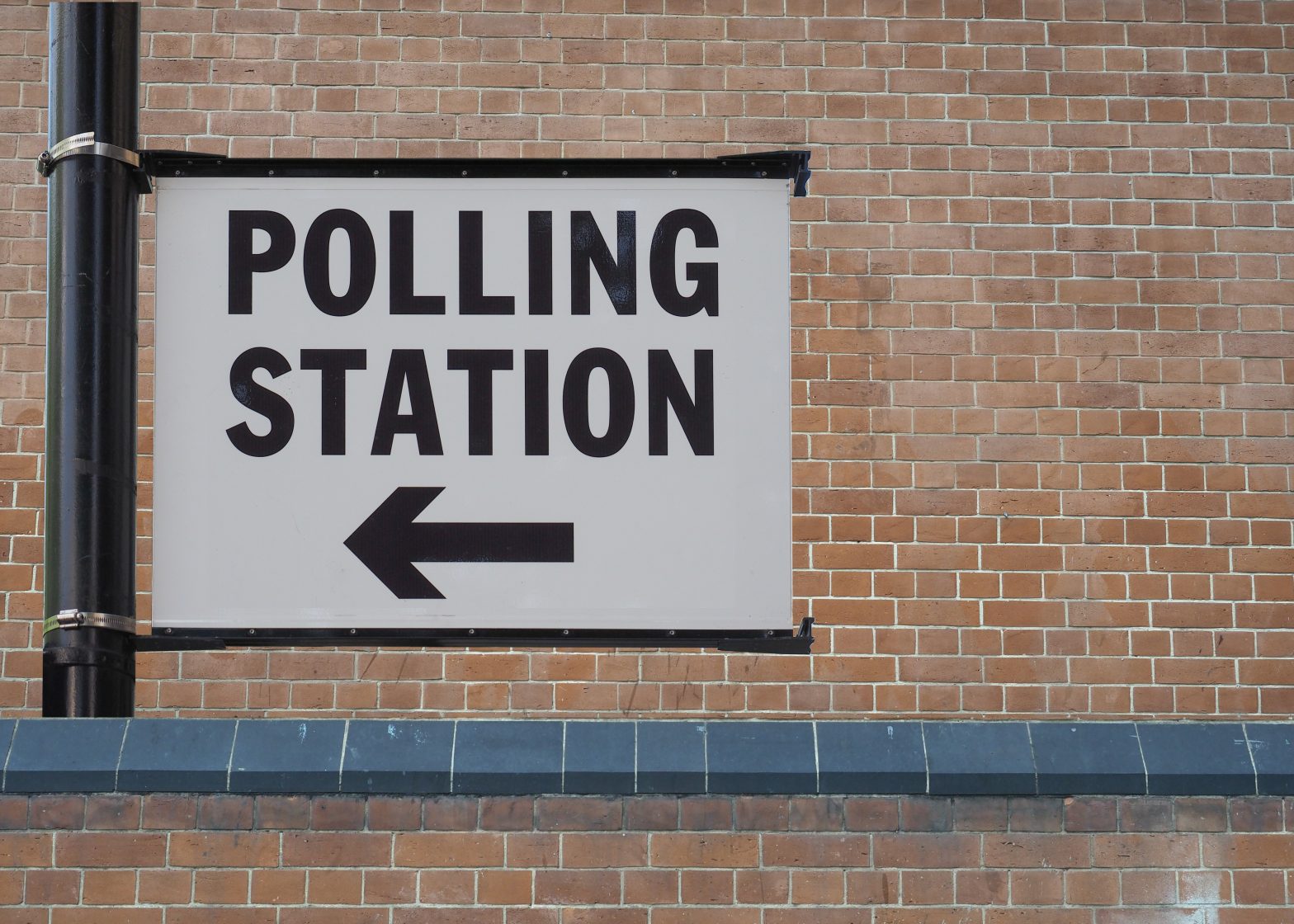As the UK heads to a general election on 4th July, a number of bills have received royal assent in advance of the dissolution of Parliament. This rush to pass legislation is part of the so-called ‘wash-up’ period, which is when any unfinished parliamentary business must be passed by both the House of Commons and House of Lords. If they do not pass before parliament is dissolved then they will fail.
With this in mind, let’s take a look at some of the bills which passed, as well as touch on some of those that didn’t after the Prime Minister Rishi Sunak called a general election.
Leasehold and Freehold Reform Bill
A bill that we have covered extensively, but was at risk of not passing, is the Leasehold and Freehold Reform Bill. We first took a look at the Leasehold and Freehold Reform Bill in the form it was introduced back in November 2023 here, and the government’s backing down on scrapping ground rent here.
In the latter article, we touched on the introduction of a ground rent cap of £250 per year as an alternative to scrapping ground rent, but this also failed to make final version of the bill. There will therefore be no changes to ground rent. So what changes will the Leasehold and Freehold Reform Bill make to the property sector?
- Cheaper and easier for leaseholders to extend their lease, buy their freehold and take over management of their building
- Increase standard lease extension terms to 990 years for houses and flats
- Provide greater transparency around service charges
- Make it easier to challenge ‘unreasonable challenges’ by landlords at a Tribunal.
- Ban the sale of most new leasehold houses
- Scrap the requirement for a leaseholder to have owned their home for two years before they can buy or extend their lease
Post Office (Horizon System) Offences Bill
This bill aims to address the convictions of Post Office sub-postmasters who were convicted in the infamous Horizon scandal. It also means that those who have been convicted will be eligible for compensation. The scandal became a major news story in the UK following the broadcasting of the ITV drama, Mr Bates vs The Post Office, leading to calls for justice for those who were convicted.
Digital Markets, Competition and Consumers Bill
This bill focuses specifically on consumer rights online.
This includes changes to subscription contracts, which will now be under stricter regulation, including pre-contract information obligations, cooling-off rights, reminder notices and termination rights.
Furthermore, drip pricing, which adds additional charges to the initial price you pay online at the checkout, will be banned.
Finally, the bill includes a ban on foreign governments owning UK newspapers. There had previously been concerns about the UAE government taking over The Telegraph newspaper, resulting in its inclusion in the bill.
Victims and Prisoners Bill
Finally, another significant bill which has passed is the Victims and Prisoners Bill. You may have heard about the infected blood scandal, which resulted in more than 30,000 victims being infected with hepatitis C or HIV as a result of receiving contaminated blood in the 1970s and 1980s.
Following decades of prevarication and inaction towards helping victims, they are finally due to receive some form of justice, with the cost of compensation potentially totalling £10bn.
Bills which didn’t pass
As for bills which failed to be passed, several high profile pieces of legislation didn’t make the cut. Of chief concern for many Lisa’s Law readers will be one bill in particular, the Renters (Reform) Bill. Let’s examine this bill and look at why it failed to become law.
Renters (Reform) Bill
One of these is another bill that we have looked at in great details, the Renters (Reform) Bill. This first came into being following the 2019 General Election, when the Conservatives promised in their manifesto that they would ban Section 21, also known as no-fault evictions. Despite this, there has been extensive opposition from within the Conservative Party, many of whom are landlords wanting better protections.
Lack of time due to the dissolution of parliament was blamed for the bill failing to pass. Many renters will be disappointed given the expansion of rights which were promised by the Conservative government five years ago.
Other bills which failed to pass in time include the Tobacco and Vapes Bill, the Football Governance Bill, the Criminal Justice Bill, the Arbitration Bill, and the Sentencing Bill. It remains to be seen whether an incoming Labour government would reintroduce any of this legislation to Parliament.
Our thoughts
That’s everything that we will be discussing today when it comes to the final pieces of legislation during the general election wash-up period. With the general election coming on 4th July, and the current opposition Labour Party leading considerably in the polls, we can perhaps expect to see considerable changes to UK law during this coming year. As always, we at Lisa’s Law will keep you updated on any legal changes. Subscribe to our newsletter for further updates.
Have questions? Get in touch today!
Call us on 020 7928 0276, phone calls are operating as usual and we will be taking calls from 9:30am to 6:00pm.
Email us on info@lisaslaw.co.uk.
Use the Ask Lisa function on our website. Simply enter your details and leave a message, we will get right back to you: https://lisaslaw.co.uk/ask-question/
For more updates, follow us on our social media platforms! You can find them all on our Linktree right here.




